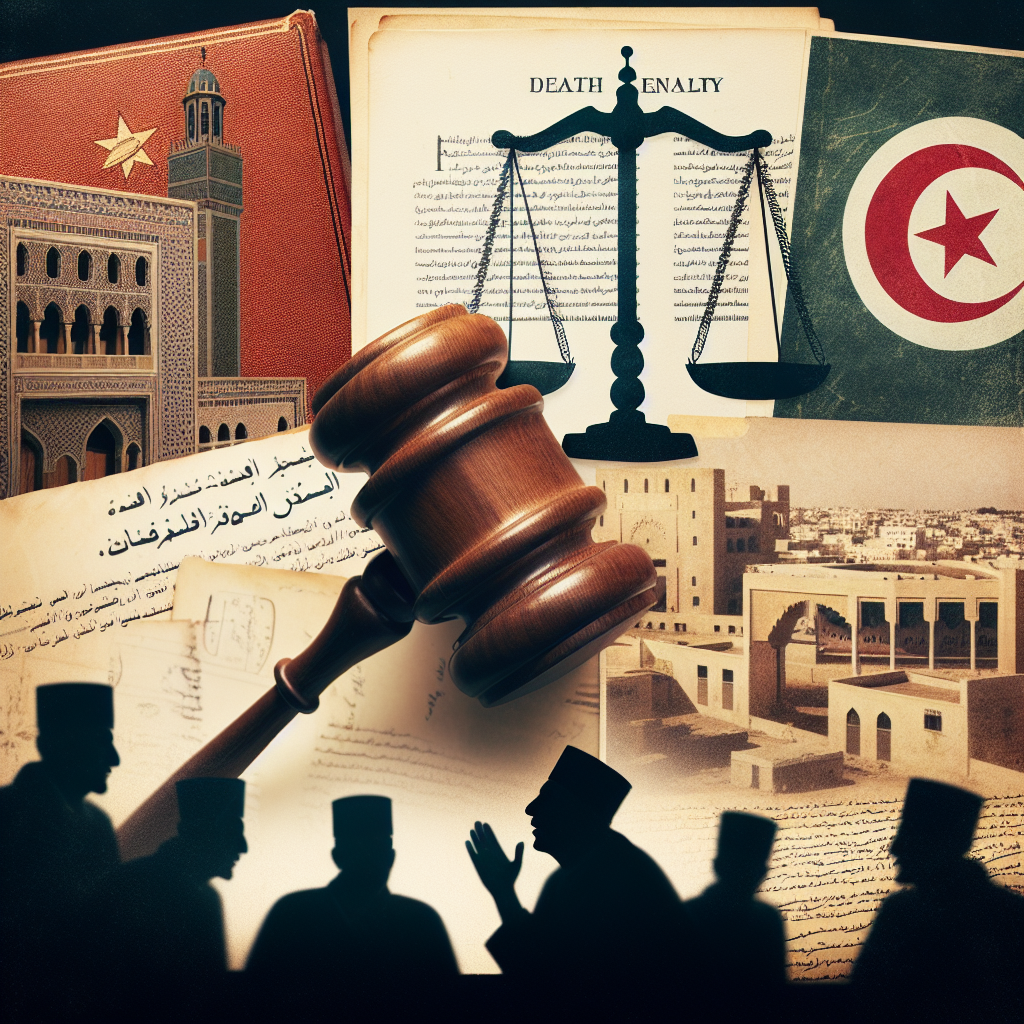Tunisia’s Death Penalty History: Conspiracy Trial Resumes
Tunisia’s Death Penalty History: Conspiracy Trial Resumes
Background of the Trial
The resumption of a high-profile conspiracy trial in Tunisia has reignited discussions about the country’s complex relationship with the death penalty. This trial, which involves several prominent figures, is a significant event in Tunisia’s legal and political landscape.
Key Figures and Allegations
The trial centers around allegations of conspiracy against the state, with several key figures facing serious charges. The proceedings have drawn considerable public and media attention due to the high stakes involved.
- Prominent political figures are among the accused.
- Charges include conspiracy and threats to national security.
- The trial is seen as a test of Tunisia’s judicial system.
Historical Context of the Death Penalty in Tunisia
Tunisia has a complex history with the death penalty, having maintained it in law but not in practice for several decades. The last execution took place in 1991, and since then, there has been a de facto moratorium on capital punishment.
- The death penalty remains a legal punishment in Tunisia.
- There has been no execution since 1991, reflecting a moratorium in practice.
- Human rights organizations continue to advocate for its abolition.
Public and International Reactions
The trial has sparked varied reactions both domestically and internationally. Human rights groups are closely monitoring the proceedings, emphasizing the importance of fair trial standards and the broader implications for human rights in Tunisia.
- Domestic reactions are mixed, with some supporting the trial and others criticizing it.
- International human rights organizations are advocating for transparency and fairness.
- The trial is seen as a reflection of Tunisia’s commitment to justice and human rights.
Conclusion
The resumption of the conspiracy trial in Tunisia highlights the ongoing debate over the death penalty and the country’s judicial processes. As the trial progresses, it will serve as a critical indicator of Tunisia’s legal and human rights trajectory, with significant implications for both domestic and international perceptions.






































